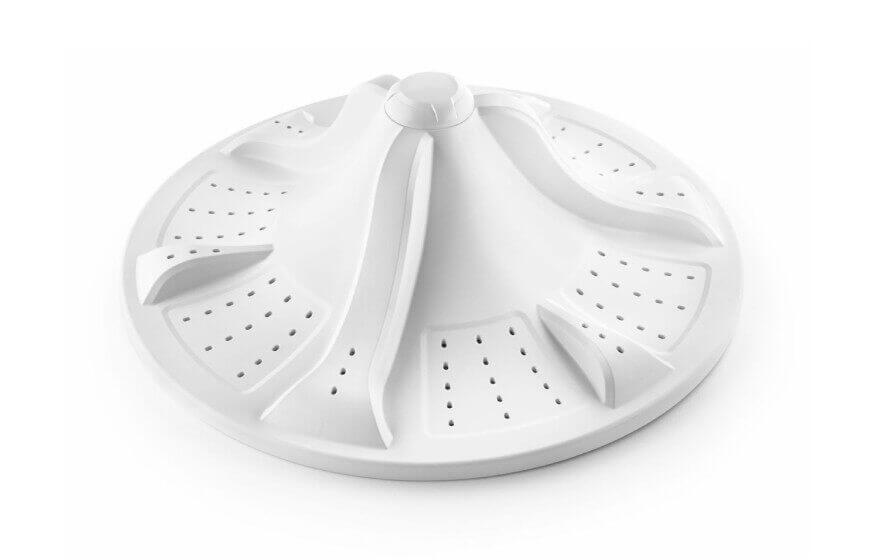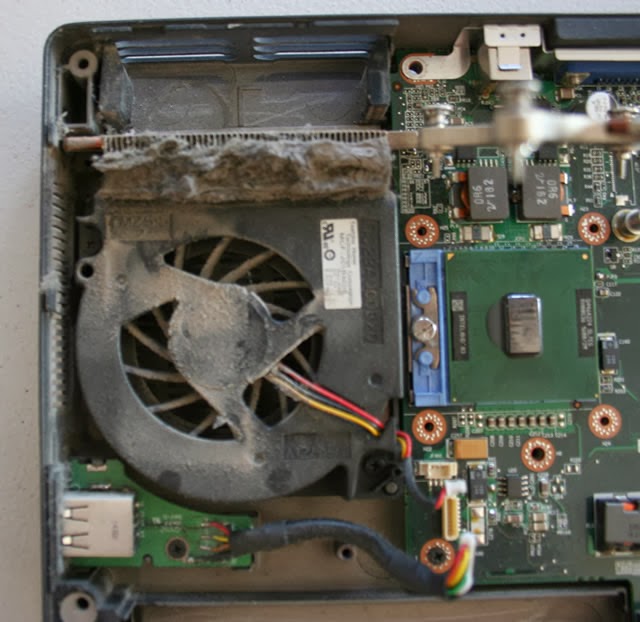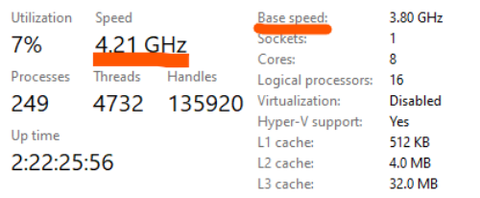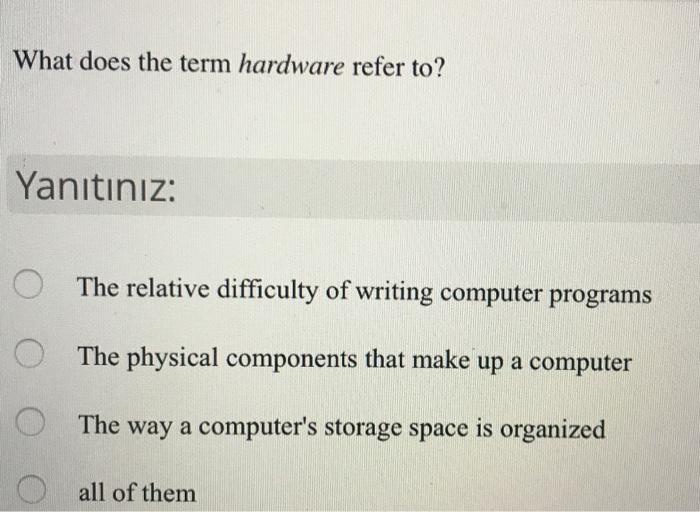The Essential Guide to Understanding the Impeller in a Washing Machine
Introduction
To select the most suitable washing machine, it's essential to understand its components and functionality. Among the numerous intricate elements of a washing machine, an important piece to highlight is the impeller. In this guide, we cover everything there is to know about the impeller in a washing machine. From its role and functioning to its maintenance, we have got it all covered.

What is an Impeller in a Washing Machine?
Primarily featured in top-load washers, an impeller is a low-profile, rotating device that plays a central role in cleaning your clothes. Unlike traditional agitators that utilize a twisting approach, the impeller espouses efficiency and gentle care for garments through unique high-efficiency spin or rinse movements. Here's a closer look at what an impeller in a washing machine is.
- Positioning: Nestled at the base of the machine's drum, the impeller's low-profile spot makes it easily recognizable and differentiates it from the conventional high-profile agitators.
- Functionality: The impeller churns the water creating currents. This movement coupled with the machine's spinning drum propels the clothes and water in circular motion, culminating in thorough cleaning.
- Replacement for Agitators: In top-load washers, the impeller replaces the traditional agitators. Instead of the twisting action that an agitator uses, it employs rinse or spin movements for effective washing.
- Efficient Cleaning Process: By creating intense currents, the impeller driving the water and clothes ensures all garments receive a comprehensive wash.
In effect, understanding the impeller is like understanding the heartbeat of your washing machine - crucial for effective washing and machine longevity.
How Does an Impeller Function in a Washing Machine?
The function of an impeller in a washing machine isn't necessarily complicated, but it plays a pivotal role in the cleaning process. Here's a more detailed breakdown of the operation:
1. Relationship with the Drum: An impeller has a unique relationship with the drum of the washing machine. They both work simultaneously to generate the required motion for an effective cleaning process. As the drum spins in one direction, the impeller moves in the opposite direction, creating powerful water currents.
2. Creation of Currents: The impeller's main task is to generate high-efficiency currents within the drum. When the impeller rotates, it imparts energy in the form of motion to the water. This energy creates turbulent movements or currents within the water body in the drum.
3. Movement of Clothes: These currents cause the clothes to move in a specific pattern across the wash drum. Because of this motion, every inch of the clothing item is thorough cleaned. The continual change in the water currents ensures the clothes don't remain static, promoting a comprehensive cleaning process.
4. Detergent Integration: The impeller evenly distributes the detergent within the water. The turbulent currents aid in mixing the detergent thoroughly, which aids in the effective removal of stains and dirt from the clothing.
Understanding these operational aspects of an impeller can offer insight into how this low-profile component can dramatically enhance the washing machine's overall efficiency.
Why Choose an Impeller Washing Machine Over an Agitator?
When deciding between an impeller washing machine and an agitator model, there are several key attributes to weigh in order to make the best choice for your laundry needs. The following points highlight some clear advantages of a washing machine with an impeller:
1. Efficiency: Impeller machines tend to use less water and energy compared to agitator washers. They operate by creating water currents within the wash drum, resulting in a more efficient cleaning process both in terms of resource utilization and wash quality.
2. Gentle on Clothes: Unlike agitators, which twist and turn the clothes, impellers move clothing in a gentle, circular motion. This helps to protect your delicate fabrics and can extend the lifespan of your clothes.
3. Extra Space: The design of impellers provides more room inside the washer, allowing for larger loads and accommodating bulky items. This can particularly prove useful for households with larger families or those who often have sizable loads of laundry.
4. Eco-friendliness: As previously mentioned, impeller washers use less water and energy. This not only makes them cost-effective but also more environmentally friendly.
In conclusion, an impeller washing machine often offers more advantages in efficiency, care for clothing, and eco-friendliness when compared to an agitator model. Your decision will ultimately depend on your personal requirements and preferences, but the benefits of an impeller machine make it a worthy contender to be your next washing machine purchase.
What are the Common Problems and Solutions of an Impeller in a Washing Machine?
The impeller, fundamental to the washing process, occasionally experiences issues that hamper its function. These issues typically center around wear and tear and blockages.
1. Wear and Tear: The constant rotation and interaction with water and clothes in the washing machine can cause the impeller to wear down over time. This attrition might lead to a reduced capacity to generate efficient water currents, thus impacting the overall cleanliness of the clothes. The worn-out impeller might also produce unusual noises, a clear indication of a need for replacement.
Solution: Regular inspection can help pinpoint the early stage of wear and tear. If the issue continues to persist post-inspection, consider replacing the impeller to restore washing machine efficiency and noiseless operation.
2. Blockages: These are another common impeller issue. Blockages often result from foreign objects, lint, or accumulated detergent hindering the impeller's free movement. This obstruction prevents the impeller from creating the necessary currents to clean the clothes optimally. An evident sign of a blockage is when the machine does not drain properly or completely ceases to spin.
Solution: Regularly cleaning the impeller and its surrounding area can go a long way toward promoting unhindered function. Routine checks for any foreign objects or lint around the impeller can also help prevent obstruction. Once detected, remove the blockage to ensure the washing machine functions optimally.
To summarize, understanding these common issues and their solutions can go a long way toward maintaining the efficient operation of your impeller and, by extension, your washing machine.
How to Take Care of Your Washing Machine Impeller for Optimal Performance?
To ensure your washing machine impeller does its job effectively and lasts for a long time, it is necessary to observe regular maintenance. Here are some steps to ensure your impeller's optimal performance:
1. Avoid Overloading: Loading the washing machine to its full capacity might seem like a time-saving move, but it can actually strain the impeller, affecting its functionality over time.
2. Regular Inspection: Make sure to inspect the impeller regularly for any signs of wear and tear. Signs to look out for include unusual noises or inefficient spinning during operation.
3. Check for Obstacles: Small pieces of clothing or foreign bodies can often become trapped around the impeller which might hamper its movements. Ensure to have a look around the impeller regularly and remove any objects that might block its path.
4. Clean the surrounding area: Lint or detergent buildup can impact the performance of the impeller. Regular cleaning to remove such buildup is necessary.
5. Professional Help: If issues persist despite your best efforts, it might be time to call in a professional. Do not hesitate to consult a professional if you cannot resolve the problem yourself.
Implementing these maintenance steps will not only enhance the performance of your impeller but also prolong its lifespan, ensuring a consistent, effective, and efficient operation. Over time, preventive maintenance will save you both time and money by preventing premature breakdowns and costly repairs.
Conclusion
In conclusion, the impeller is a vital part of a washing machine that plays a significant role in how well your clothes are cleaned. Understanding its operation and maintaining it can enhance the efficiency of your washing machine and increase its lifespan.
Related FAQs about what is an impeller in a washing machine
What is the difference between an impeller and an agitator in a washing machine?
The primary difference lies in their operational methods. An impeller creates powerful water currents to clean the clothes effectively and gently. In contrast, an agitator moves in a twisting motion leading to a more vigorous cleaning action. In terms of design, an impeller is a low-profile disc at the base of the drum, while an agitator is a tall spindle located in the center.
Why is my washing machine not draining properly? Could it be an impeller issue?
Yes, it could be due to an impeller issue. An impeller that is blocked or damaged might not generate enough force to pump the water out. Foreign objects, lint, or accumulated detergent could cause such blockages. Having a professional check your machine or cleaning the impeller yourself can help resolve the problem.
How do I know if the impeller of my washing machine needs replacement?
Signs that your impeller may require replacement include unusual noises from the washing machine, reduced spin speed, or ineffective washing. Wear and tear over time can also hamper the impeller's ability to create efficient water currents. Regular inspections can help identify these issues early.







